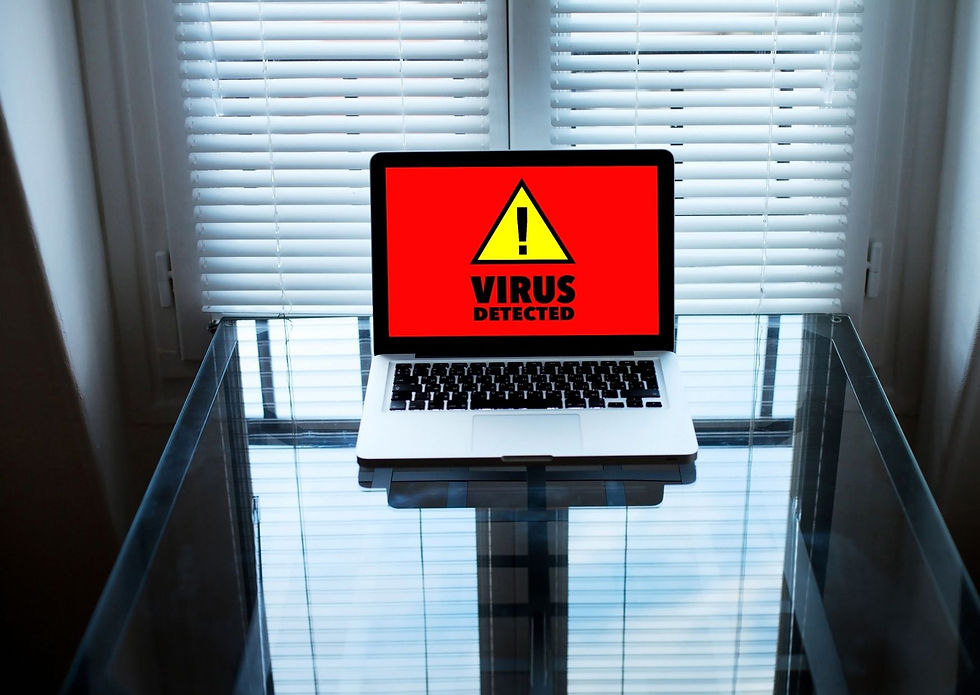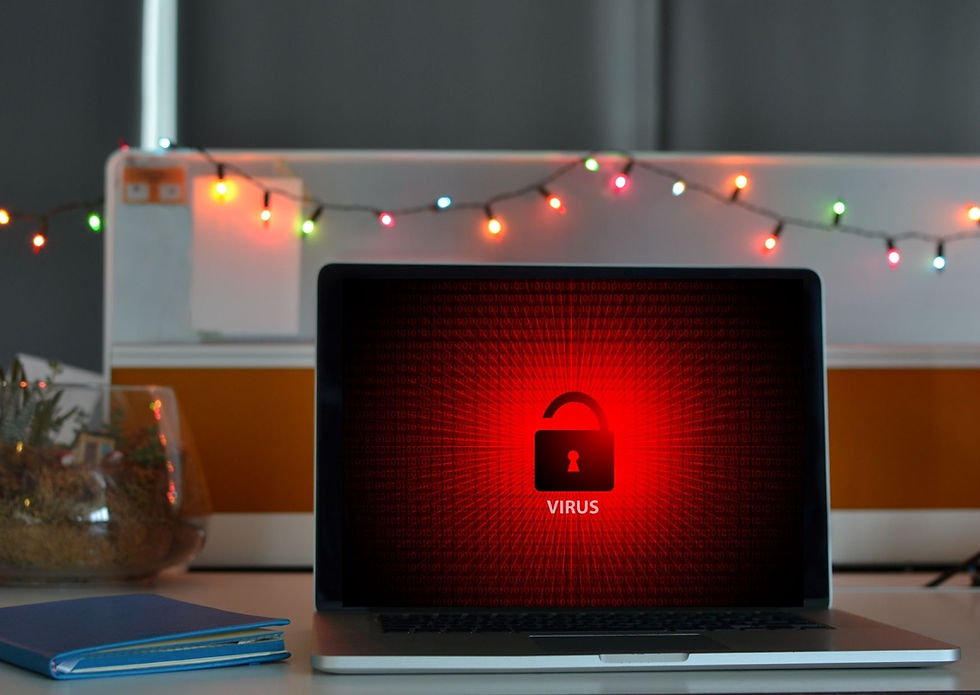Understanding the threats to Small Businesses: When do Cyber Attacks occur?
- Alexa Hernandez

- Feb 17
- 3 min read
Updated: Feb 21

When do cyber attacks occur? Cyber attacks are a constant threat for businesses of all sizes, but many small business owners wonder if there’s a pattern to when these attacks happen. Is there a particular time when businesses are more vulnerable? The answer is yes—cybercriminals often follow specific timing strategies to maximize their success. Understanding these patterns can help companies to shift from a reactive approach to a proactive one, alleviating some of the anxiety around the unknown and ensuring they are better prepared to defend against attacks.
When do Cyber Attacks Occur? The Most Common Times
Cybercriminals are strategic in their approach, targeting businesses when they are most vulnerable. Some of the most common times for cyberattacks include:
Weekends and Holidays: Businesses tend to have fewer staff members monitoring systems, making it easier for cybercriminals to operate unnoticed.
At Night: Many attacks occur during late-night hours when employees are offline, allowing threats to spread before detection.
During Major Events: Cybercriminals exploit high-profile events, such as data breaches making headlines or tax season, to launch targeted phishing scams.
When New Software Vulnerabilities Are Discovered: Once a vulnerability is made public, hackers rush to exploit it before businesses have a chance to apply security patches.
Why Cyber Attacks Are More Likely at Certain Times
Cybercriminals take advantage of specific timeframes due to various factors, including:
Lower Workforce Presence: Fewer employees mean slower responses to suspicious activity.
Reduced Vigilance: Employees are more likely to fall for phishing scams when they’re rushing to wrap up before a holiday or the end of a shift.
Increased Reliance on Automated Systems: Many businesses rely on automated tools and security software, but cybercriminals look for ways to bypass these defenses.
Understanding these factors allows businesses to take proactive steps to strengthen their cybersecurity measures before attacks occur.

The Role of Holidays and Vacations in Cyber Attacks
Holiday seasons and vacations present unique opportunities for cybercriminals. Many businesses operate with reduced staff, and employees may not be as diligent in checking for suspicious activity. Common tactics used during these periods include:
Sending urgent phishing emails posing as holiday promotions or tax documents.
Launching ransomware attacks when IT teams are short-staffed.
Exploiting travel-related risks (e.g., unsecured Wi-Fi networks in airports and hotels).
How to Prepare:
Educate employees about holiday-themed phishing scams.
Schedule security updates and patches before major holidays.
Have an on-call IT response team available during peak vacation periods.

How to Protect Your Business Against Cyber Attacks, No Matter When They Happen
While cyberattacks may follow patterns, businesses can take steps to protect themselves at all times:
✅ Implement 24/7 Monitoring: A managed IT security provider can detect and respond to threats even when employees are offline.

✅ Train Employees Regularly: Security awareness training can help staff recognize phishing scams and suspicious behavior.
✅ Ensure Systems Are Updated: Apply security patches before weekends, holidays, and major events to close vulnerabilities.
✅ Create and Test an Incident Response Plan: Regularly run simulations to ensure employees know what to do in case of an attack.
Cybersecurity Requires Constant Vigilance

Cyberattacks can happen at any time, but businesses don’t have to live in fear. By understanding the patterns of cybercrime and implementing proactive security measures, small businesses can significantly reduce their risk. Awareness, preparation, and vigilance are key to staying ahead of cybercriminals.
Don’t wait for a cyberattack to catch you off guard. Contact Cloudigan IT Solutions today for a cybersecurity consultation and proactive protection for your business





Comments